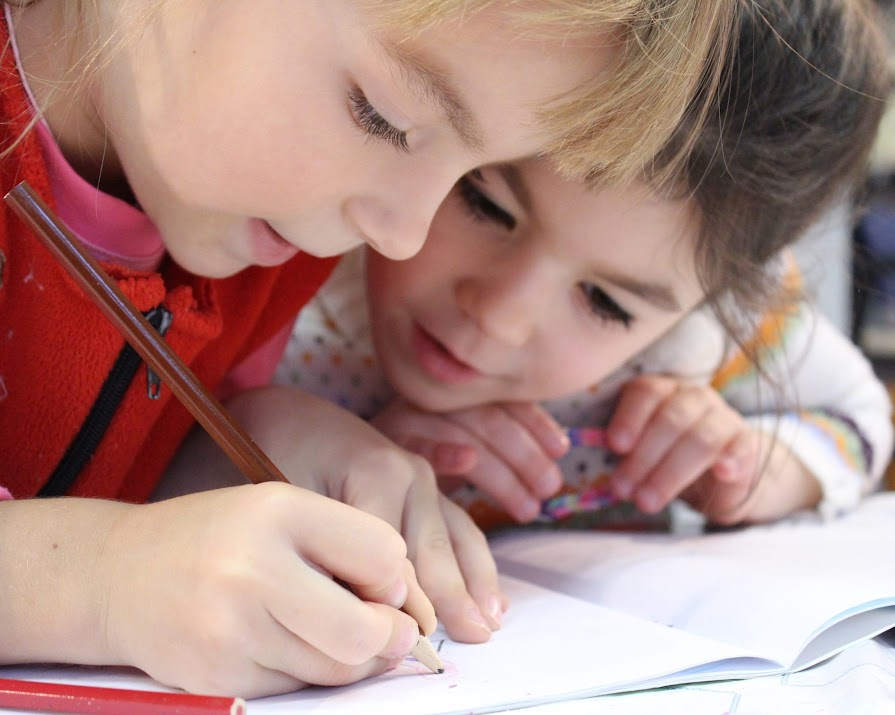Catholic schools can no longer prioritise children based on their religion
By Grace McGettigan
03rd Oct 2018
03rd Oct 2018
The so-called ‘baptism barrier’ is being removed from Irish primary schools, in a historic move by Minister for Education Richard Bruton. Today, the minister signed a commencement order, setting in motion changes to the Education (Admissions to Schools) Act.
The act will prevent Catholic schools from giving baptised children priority enrollment, making it easier for non-Catholic pupils to access their local schools. Given that Catholic schools make up 90% of all primary schools in Ireland, the government have said that they feel it’s a vital move.
In a statement issued by the Department of Education this morning, Minister Bruton said, “The order I am signing today will ensure greater fairness in school admissions.”
Related: The power of saying no during
back-to-school time
“[It] seeks to be fair to all parents,” he added, “including non-religious families who will now find that, in virtually all publicly funded primary schools, they will be treated the same as all other families.”
The exception to the rule
The only exception to this new law will be minority faith schools, such as Church of Ireland and Muslim schools. These schools will be allowed to prioritise members of their own religion (above, say, a Catholic child) in order to protect their school’s ethos. This exclusion only applies to oversubscribed primary schools; any school that is not oversubscribed must continue to accept all applicants, regardless of religion.
I have signed the historic Commencement Order bringing a number of important sections on the Admissions to Schools Act 2018 into operation. This will include measures making it easier for a child to attend their local school pic.twitter.com/FYFv4ESqXb
— Richard Bruton (@RichardbrutonTD) October 3, 2018
An end to fees
By signing this act, Minister Bruton is also putting a stop to enrollment fees. Schools will be strictly prohibited from charging fees or seeking contributions for admission to (or continued enrollment in) a school.
Financial contributions may still be sought by the school, provided the child’s place at that school does not hang in the balance. The only exception to the fees ban is private, fee-paying schools and boarding schools.
Special education
The new education act also allows the minister to compel schools to make special classes available to children with special educational needs. In a statement, he said, “this government is committed to supporting children with special needs to fulfil their full potential.”
As young people go back to school they will benefit from increased investment in education and curricular reforms designed to enable them to achieve their full potential pic.twitter.com/6xSnPaqp9J
— Richard Bruton (@RichardbrutonTD) August 31, 2018
Other changes
What’s more, the new legislation also puts a 25% limit on the number of places a school can reserve for children of past pupils. This measure will come into effect during the 2020/2021 academic year and will benefit families who have moved into a new area. The act also puts a ban on waiting lists.
“The procedures used are visible, legitimate, reasonable and fair.”
Minister Bruton said, “This hugely important law will make it easier for parents in the future to more easily access local schools and to enrol their children in a school that meets their needs.
“The act will create greater confidence for parents that the admission criteria laid down by schools and the procedures used by them are visible, legitimate, reasonable and fair.”
Photo: Pexels.com






















